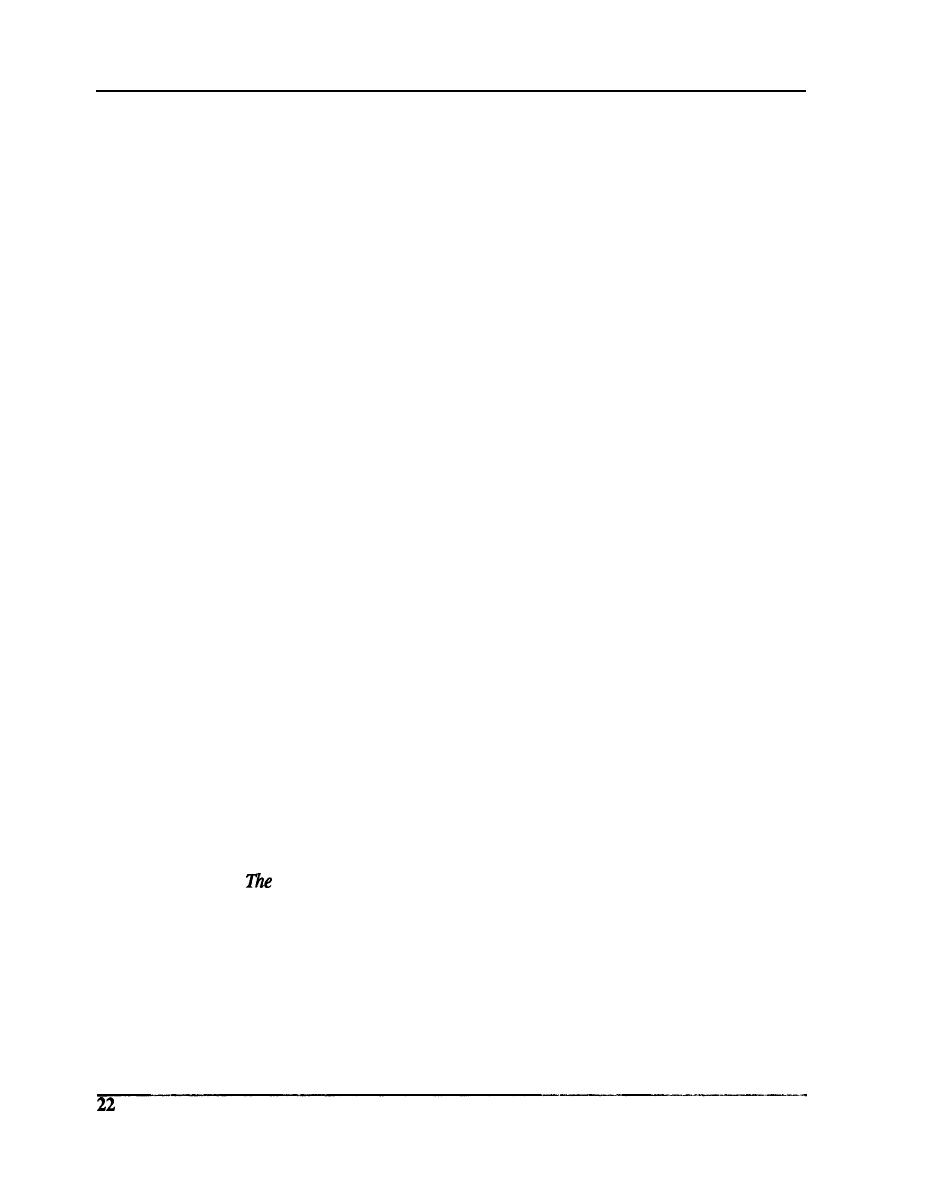
Engineer Memoirs
Europe and discussed with European leaders many of the ideas which were later
incorporated into the Marshall Plan.
Q ..
Did you have any impact in planning for the postwar Army?
A ..
Yes, I think I did. I worked with several officers in the Strategic Plans Section,
Bob Wood, Bob Porter, Ted Conway and others, on the future structure of the
Army. We saw a big role for the Army and didn't want to let the Army dwindle
in size to a point where it would have little influence. We didn't want to
contemplate an Army which again would be caught by surprise and be forced to
mobilize in a hurry. We thought it best to take a preventive attitude and station
Army forces in the right places around the world. We wanted to influence the
worldwide situation consistent with U.S. goals and objectives. We also wanted to
train a ready reserve in the U.S. and provide it with strategic mobility. These were
the kinds of things we were planning after the war. It was a very exciting time,
especially since we were fighting the battle of roles and missions. On the one
hand, we fought the Navy so an Air Force could come into being. On the other
hand, we had our problems with the new Air Force which was trying to be bigger
than the Army and Navy combined.
Q ..
After you went off to Yale did you come back from time to time to attend General
Norstad's dream sessions?
A ..
Yes. Those of us who had been sent off to study came back periodically to attend
General Norstad's dream sessions. Norstad saw to it that we got copies of studies
drawn up in the Army. They were classified and had to be hand-carried to us by
couriers. We had great difficulty in finding safes to keep them secure. It was an
interesting extracurricular duty for us to comment on these studies. On occasion,
we would travel to Washington and dictate our views to a stenographer who would
type up our views and distribute them throughout OPD.
We also reported to General Norstad on what we were studying at our respective
universities. In my case, I discussed the ideas Bernard Brodie was developing for
his book,
Absolute Weapon. One of Brodie's points was that the Air Force
couldn't do in World War II what Douhet claimed it could because we lacked the
type of weapons that could do the job. But now, Brodie said, nuclear weapons
were making Douhet's theories workable.
At Yale I had my feet in two camps. With one foot I tried to influence the Brodies
and other professors who were developing a postwar strategy. They would
supplant the need for large armies and navies, by asserting that we could win wars



 Previous Page
Previous Page
